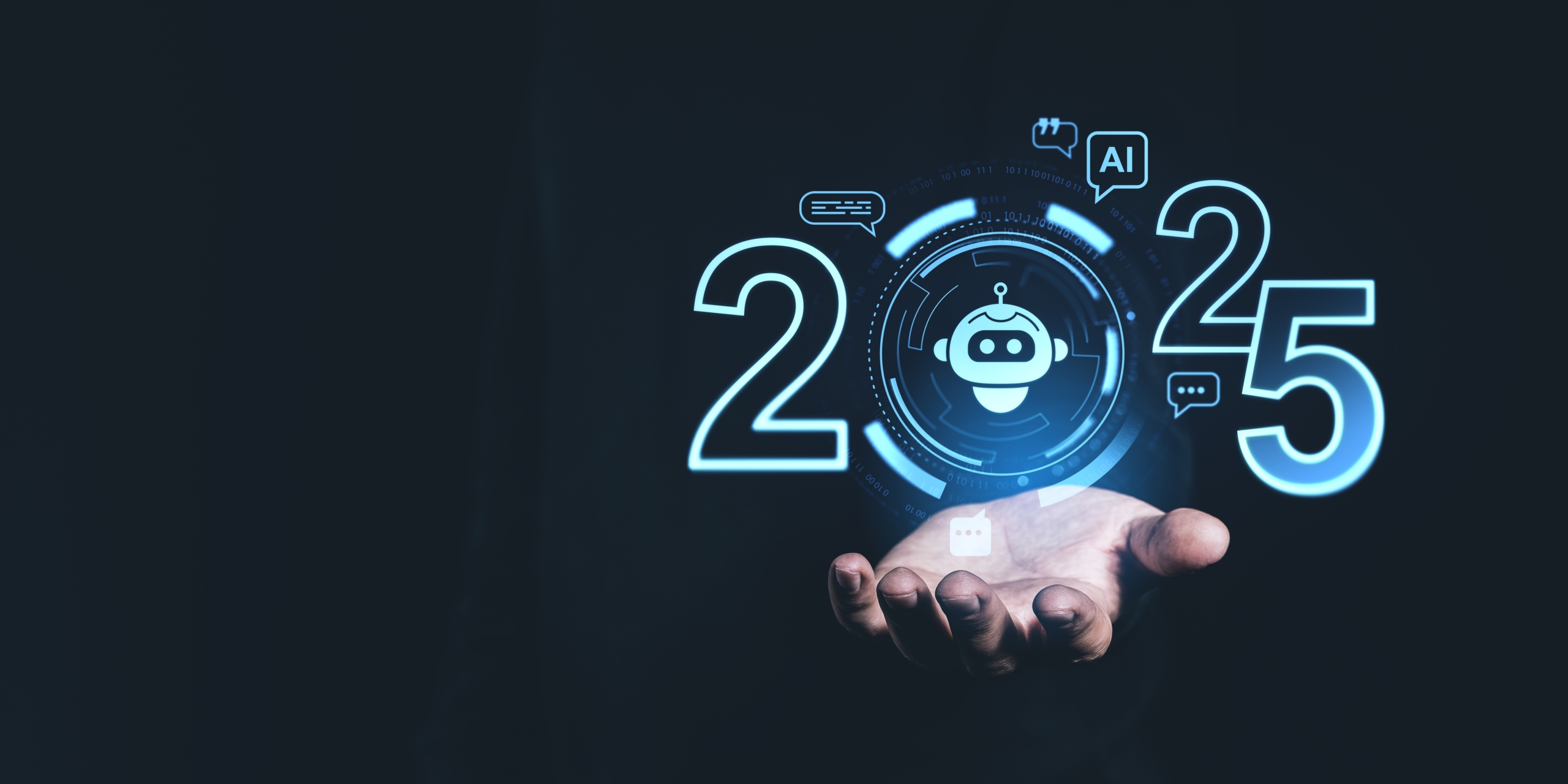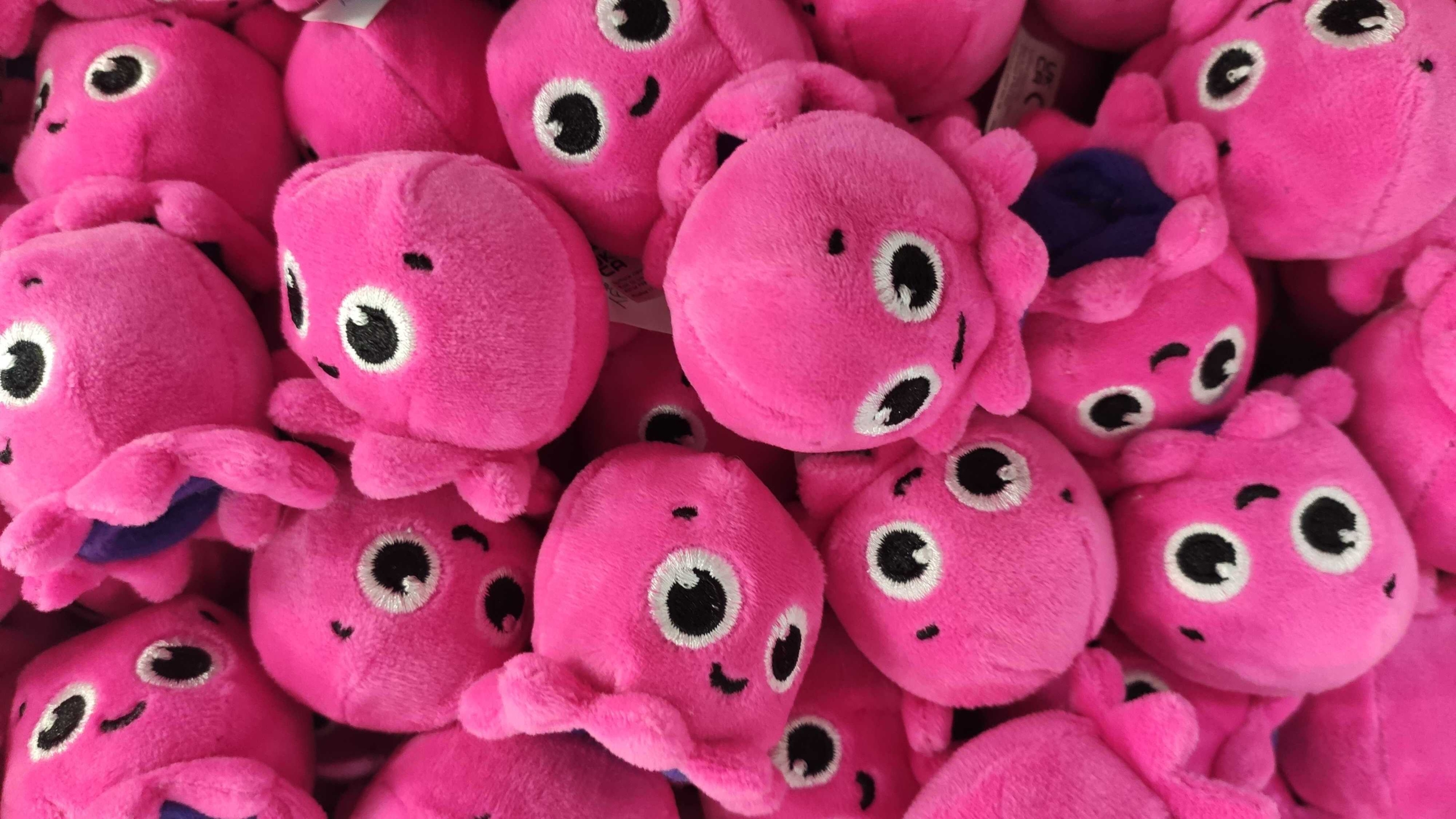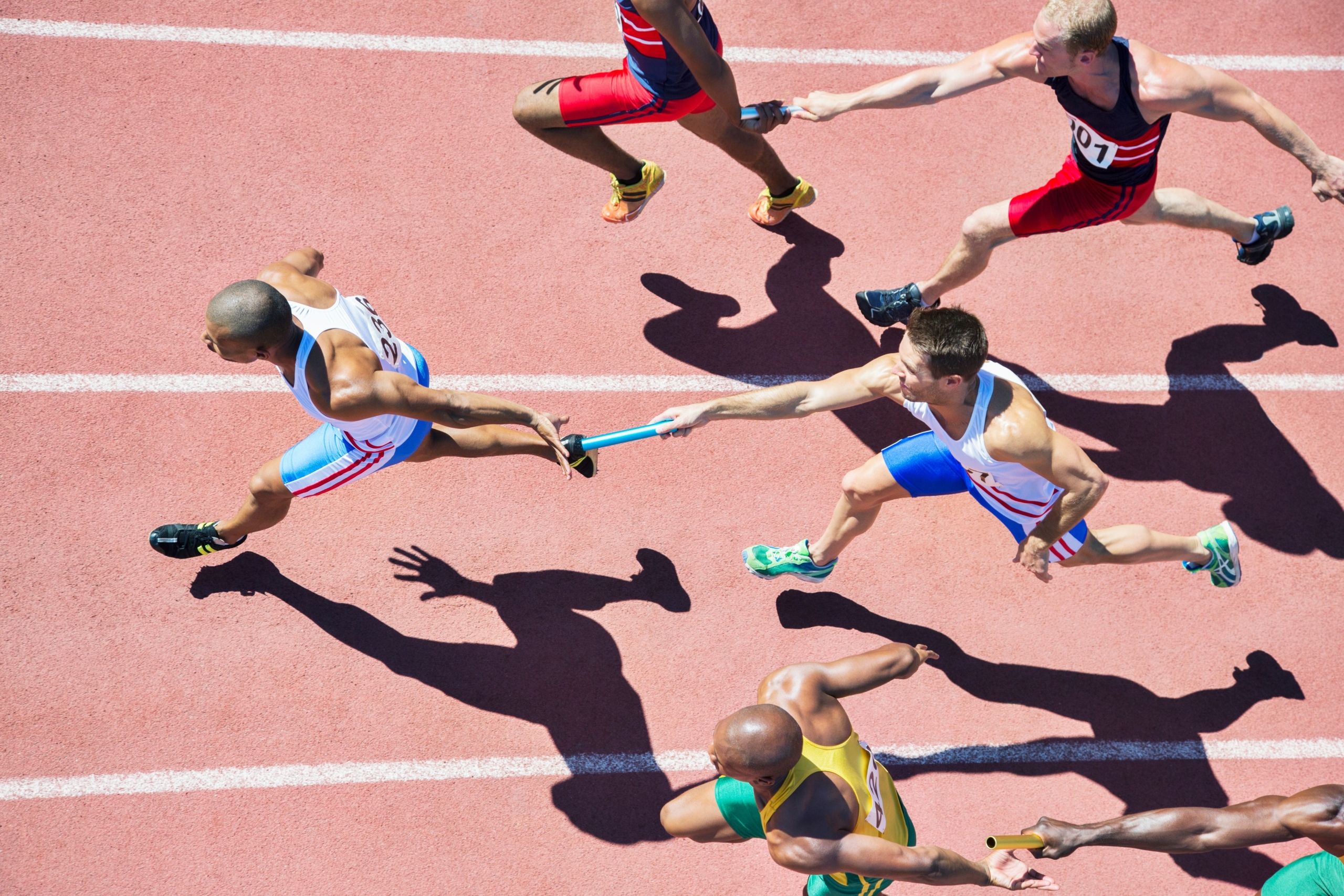The new consumer: VC-backed pioneers and the ‘3 Rs’ that will replace consumption.
At Octopus, our aim is to back the pioneers who dare to reimagine the future. If there’s one thing we can safely predict about ‘the future’, it’s that it won’t be Business As Usual. Up until now, political leaders have been the agents of change. But today, entrepreneurs are creating the paradigm shifts needed for society to get a grip on the world’s biggest challenges.
Pioneers of change
We invested in OLIO in 2018. OLIO, in its own words, “connects neighbours to share food, and other things, rather than chuck them away”. As challenges go, you can’t get much more pivotal than food-waste. The stats are familiar, but let’s take just one: a third of the food produced in the world for human consumption every year — approximately 1.3 billion tonnes — gets lost or wasted (FAO).
Now let’s look at a quote from OLIO co-founder Tessa Clarke, listening out for that entrepreneurial vision that could bring about paradigm change:
“…in OLIO, we have fully internalised what most other people haven’t: that we live in a resource-constrained world, and that if you own the ‘rails of redistribution’ in a resource-constrained world it will be phenomenally valuable.” Tessa Clarke, co-founder, OLIO.
The rails of re-distribution
To add a bit of background to Tessa’s quote, re-distribution, along with re-use and recycling, constitute the 3 Rs of the paradigm shift that could replace traditional consumerism. To consume is to destroy, in a sense, and when resources are finite, the model breaks down in a just a few generations. OLIO’s ambition to own the rails of re-distribution is a concept that bends the laws of standard supply and demand economics. These rails will break through the walls, and garden fences, society has built to protect its private, personal consumption habits. It’s not an ownership revolution that’s needed (we tried that last century) but it is a relational one.
OLIO’s proposition isn’t a panacea, it’s a challenge. Why? Because it demands behaviour change. When it comes to our fellow human beings’ ‘stuff’, we’ve got used to accepting their used beds, clothes and electrical goods. Ebay, Craigslist, Shpock, Letgo, Wallapop and our portfolio company, depop are testament to that. But when it comes to food, that seems to be an intimacy too far.
Pain point
The turning point will come when the pain of binning food outweighs the effort of re-connecting with community. It seems that where communities remain close-knit, OLIO can thrive. On the channel island of Jersey, for example, OLIO has an incredible 10% penetration. This is likely due to the fact that the island community is more connected and open than in anonymised, fragmented mainland cities and towns, so OLIO is pushing at an open door in Jersey. OLIO communities are also growing in places like San Francisco, Singapore, Mexico and Sweden and New Zealand. Cultural differences play a part as do circumstantial ones: in New Zealand, for instance, it was following a recent earthquake that communities reached for OLIO to help them help each other.
In five years time, perhaps, we’ll start to think it’s not just normal, but preferable, to give your spare food away. As a viable, frictionless alternative is presented, the increasing pain of binning food will motivate behaviour change.
Behaviour change
Governments have historically affected behaviour change, through coercion and reward. Taxes, laws, fiscal levers, grants, scare tactics (the ‘don’t die of ignorance’ AIDS campaign of the late ‘80s for example) have been their tools. But things have changed. As New York Times columnist David Brooks puts it, people “seem to think that government has the power to protect them from the consequences of their sins. Then they get angry and cynical when it turns out that it can’t.”
Where governments fail, entrepreneurs see opportunity, and behaviour change is exactly what all the best VC-backed companies do. Not long ago we found it abnormal to share a stranger’s car or to overnight in a stranger’s house. Entrepreneurs changed that. In the not-too-distant future, we will look back at the act of throwing away excess food in utter disbelief.
One step at a time
The 3Rs will work alongside, not usurp, consumption. New things will still be made of course (our portfolio company, Unmade, is showing how that can be done more efficiently), but the ‘rails of redistribution’ will become a significant new basis for entrepreneurial success.
From a VC point of view, here at the riskiest end of the asset class, we are looking for the biggest opportunities: the things that are going to drive a fundamental behavioural change in society. Pioneers with ambitions like ‘owning the rails of re-distribution’ are the world-changers we want to back.














